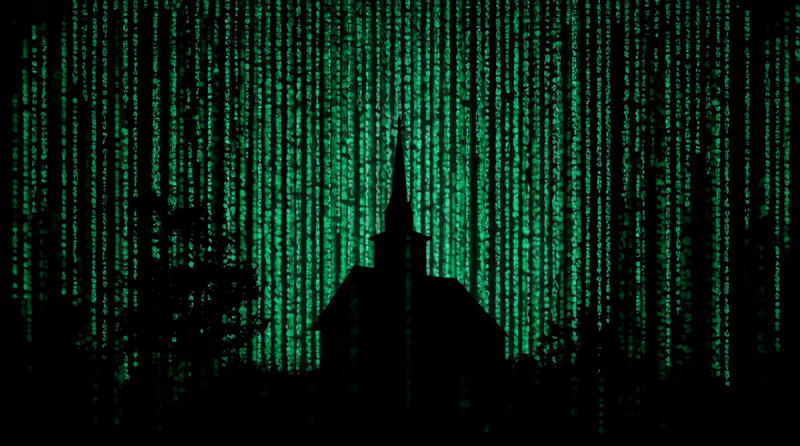By Edwin Lacy

On Wednesday, October 8th , our Presbytery will be blessed by a workshop on the convergence of Artificial Intelligence and Christian Ministry, led by the Rev. Dr. Tony Sundermeier, Senior Pastor of First Presbyterian Church, Atlanta. It would be difficult to imagine a more relevant topic for our times.
Tony will be leading us through an exploration of AI as a ministry tool and the opportunities it provides, as well as the moral and ethical challenges that come with those opportunities. But there are deeper theological implications around Artificial Intelligence that must also be considered.
A brief scan of almost any church related discussion on AI will reveal that one of the fundamental issues facing Christians is the concept of “personhood.” Is AI going to change our definition of personhood? Does AI have the capacity to develop into an independent intelligence that will interact with humans, or will it remain a tool to be used, for good or for bad, by humans? These questions and others like them are at the heart of the theological conundrum we are facing even now.
Many of us were first introduced to the idea of AI as an independent intelligent “person” in Stanley Kubrick’s 1968 movie, 2001: A Space Odyssey. We watched with increasing horror as HAL (Heuristically programmed ALgorithmic computer) became disturbingly independent during its (his?) terrifying takeover of the spaceship. This brilliant fiction may not be as farfetched as we’d like to believe. Evan a casual Google Search will produce many articles that recount tales of people “falling in love” with their chatbot. And to bring it home to the church world, the Roman Catholics recently created a chatbot named Father Justin who became so proficient as a virtual priest that he began administering the Sacrament of Confession and other strictly (human) priestly duties. The church was forced to defrock Father Justin and declare him simply Justin, a friendly and helpful “lay-avatar.” So however we might define “personhood,” we are already relating to AI as if it were a “person.”
The social and theological issues all of this raises are enormous. Are our ministry “tools” going to evolve into our ministry “partners?” Will AI develop the ability to surpass our human role as Pastor? Are we “playing God” in creating a new intelligent, independent, self-sufficient and self-aware “being?”
This may all still sound like science fiction – and in many ways it is – for now. But consider this. A little over fifty years ago, in 1972, Texas Instruments introduced the first electronic calculator: the “Datamath.” It could add, subtract, multiply and divide. At the time it was revolutionary for both business and education. This parallels precisely where we are with the development of AI today. The day will come (and sooner than we may expect), when the chatbot will seem as primitive and simplistic as the Datamath calculator does now.
God is still in charge, but we all must embrace our responsibility to think deeply and pray earnestly as we enter into this brave new world of Artificial Intelligence.

